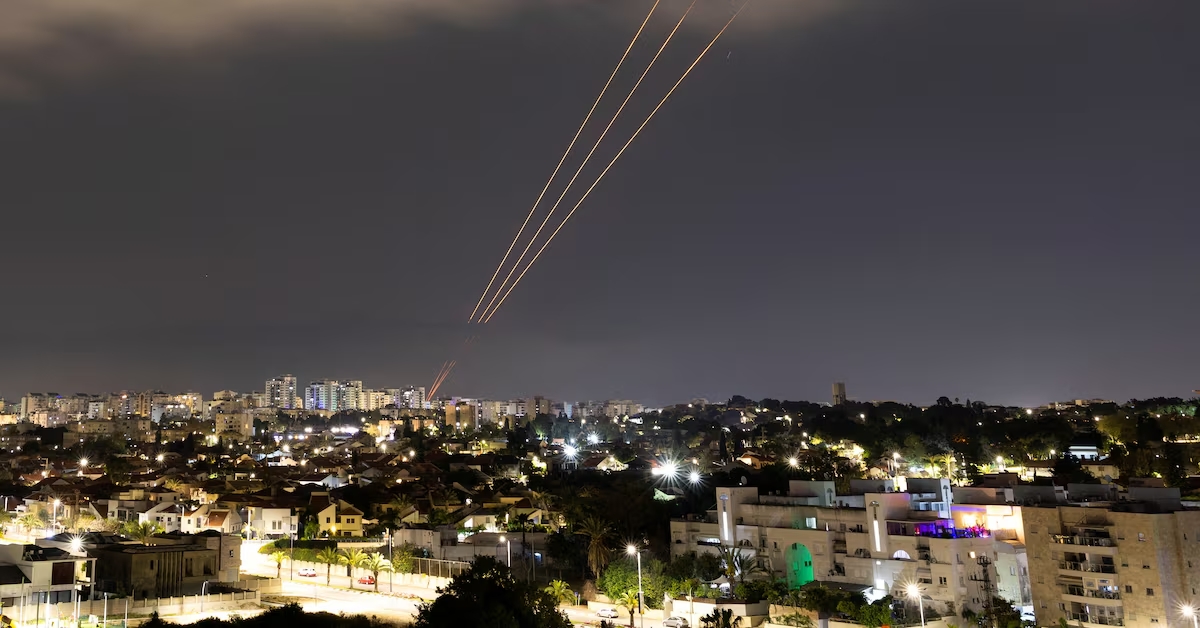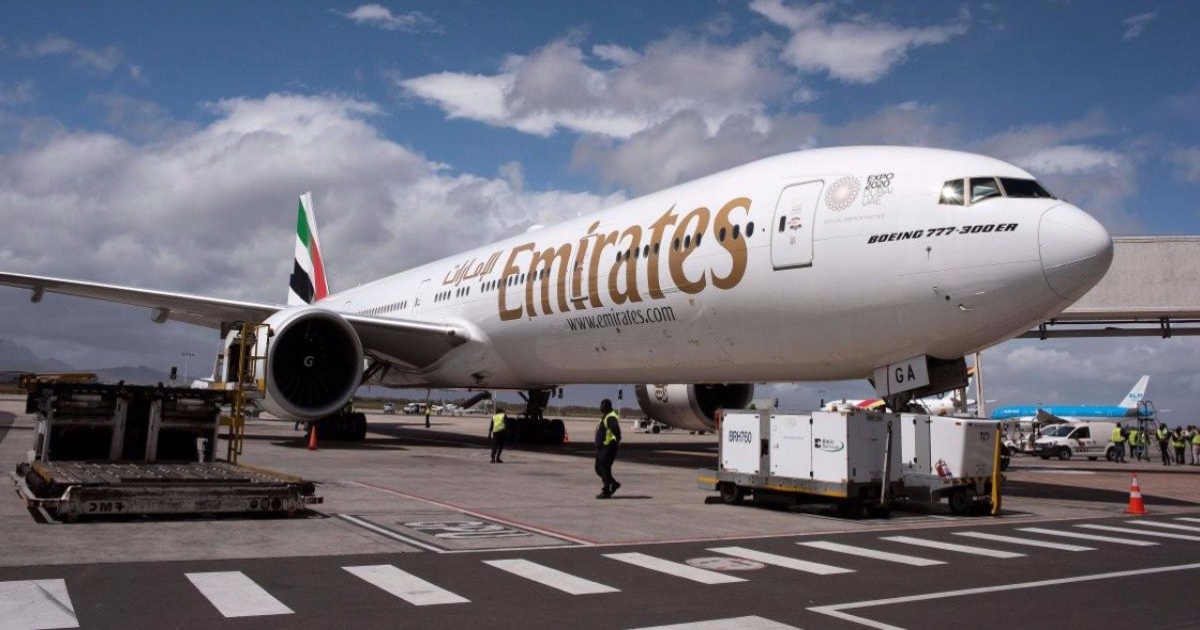Airlines worldwide faced significant disruptions in their flight schedules after Iran launched missile and drone attacks on Israel, leading to airspace closures and rerouted flights.
The onslaught, comprising more than 300 projectiles, triggered chaos in the aviation industry, reminiscent of the aftermath of the September 11, 2001, terrorist attacks.
Numerous airlines, including major carriers like Qantas, Lufthansa, United Airlines, and Air India, were compelled to either cancel or divert flights over the past couple of days.

This marked one of the most substantial disruptions in air travel since the 9/11 attacks, according to Mark Zee, the founder of OPSGROUP, an organization monitoring airspace and airport operations.
The conflict further compounded the challenges already faced by airlines due to ongoing conflicts such as the tensions between Israel and Hamas, as well as the Russia-Ukraine conflict.
The closure of Israeli airspace on Saturday, subsequently reopened on Sunday morning, forced airlines to seek alternative routes.
With Israel’s airspace shut down temporarily, airlines traversing between Europe and Asia were left with limited options.
They were restricted to utilizing alternative routes, primarily through Turkey via Egypt and Saudi Arabia, in light of the volatile situation.

Neighboring countries like Jordan, Iraq, and Lebanon resumed flight operations over their territories after brief suspensions.
Despite the disruptions, major Middle Eastern carriers like Emirates Airlines, Qatar Airways, and Etihad Airways announced their intention to resume operations in the region after making adjustments to flight routes.
However, there remained uncertainty regarding the potential impact of the unrest on passenger demand, as the aviation industry continues to face geopolitical challenges and conflicts.





